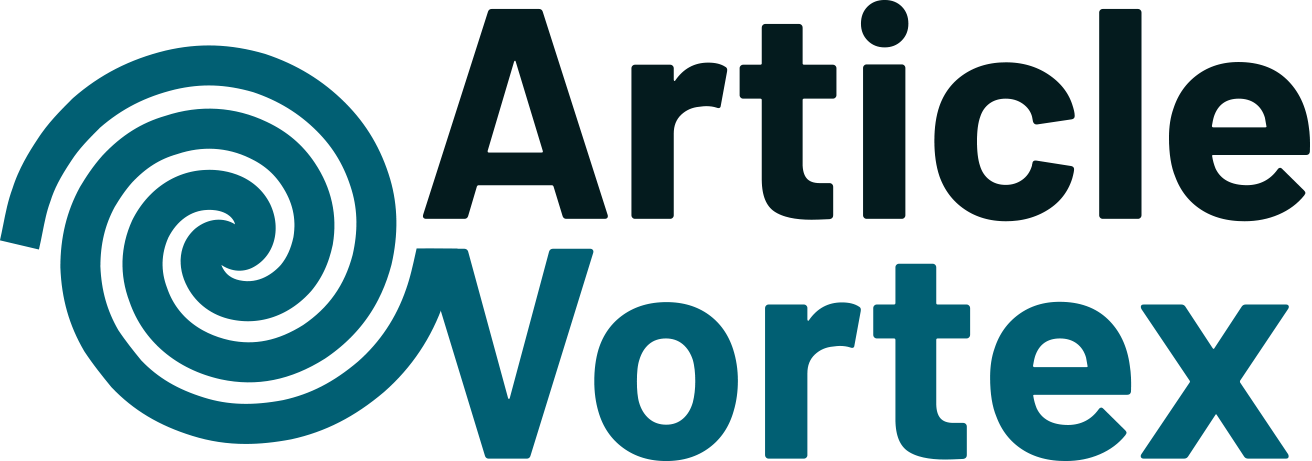Understanding Local Boat Markets
When searching for boat sales near you, the first step is understanding the local market dynamics. Each region has unique preferences depending on the geography, climate, and popular water activities. For example, coastal areas tend to have a high demand for fishing boats and cruisers, while inland regions with lakes might lean toward pontoon or bass boats. Knowing what is commonly available in your area can help set realistic expectations and guide your decision-making process.
Local boat markets also vary in terms of inventory and pricing. During the boating season—typically spring and summer—demand tends to increase, which could lead to higher prices. Conversely, looking during the off-season may provide more room for negotiation. Understanding these seasonal trends can be crucial if you’re trying to find a good deal and avoid overpaying.
It’s also helpful to connect with local boating communities or forums. These groups can offer insights on where to look, what types of boats are suitable for your region, and even provide leads on private sales that aren’t widely advertised.
Where to Find Boat Sales Near You
Finding boats for sale near you has never been easier thanks to a variety of platforms and resources. Both online and offline options are worth exploring, and a combination of both could yield the most comprehensive results.
Here are some places to start your search:
- Local dealerships and marinas
- Online classifieds and marketplaces
- Boat shows and expos
- Community bulletin boards or local newspapers
- Word of mouth through boating clubs or marinas
Each of these sources comes with its own advantages. Dealerships often provide warranties and servicing options, while private sales can offer lower prices. Attending boat shows can give you a hands-on look at multiple models and manufacturers, allowing you to compare features and prices in one place.
New vs. Pre-Owned Boats
One of the key decisions when shopping for boats is whether to purchase a new or pre-owned vessel. Both options come with their own set of pros and cons, and your choice will largely depend on your budget, intended use, and maintenance preferences.
Advantages of buying new:
- Latest technology and design features
- Manufacturer warranties
- Less immediate maintenance
Advantages of buying pre-owned:
- Lower upfront cost
- Slower depreciation
- Wider variety of models within a budget
If you’re considering a used boat, it’s essential to have it professionally inspected. Look for signs of wear, water damage, or engine issues. A marine surveyor can offer a detailed evaluation, which can be a worthwhile investment to avoid costly repairs down the line.
Financing and Insurance Considerations
Boat ownership also comes with significant financial responsibilities beyond the purchase price. Before finalizing any transaction, it’s important to understand your options for financing and insurance. Many lenders specialize in marine loans, offering competitive interest rates and flexible terms depending on your credit history and the value of the boat.
When exploring financing options, keep in mind:
- Loan term lengths (usually from 2 to 20 years)
- Down payment requirements
- Interest rates based on credit score and loan amount
Insurance is another critical component. Policies vary based on the type of boat, usage, location, and your own boating experience. It’s advisable to compare quotes from multiple providers and ensure the policy covers liability, theft, and physical damage.
Some lenders require borrowers to carry insurance as a condition of the loan, so it’s best to organize this early in the buying process.
Preparing for Boat Ownership
Owning a boat is both rewarding and demanding. Once you’ve found the right vessel, it’s important to prepare for the practical aspects of ownership. This includes storage, maintenance, registration, and safety requirements. Storage options can range from marina slips to trailer parking at home, each with its own costs and considerations.
Routine maintenance tasks may include:
- Engine servicing
- Hull cleaning and inspection
- Battery and electrical checks
- Winterization for off-season storage
Depending on your location, there may be local regulations for boat registration and safety equipment. Most regions require life jackets, fire extinguishers, and signaling devices to be onboard. It’s wise to take a boating safety course, especially if you’re new to the water. Some insurance providers even offer discounts for completing certified training programs.












